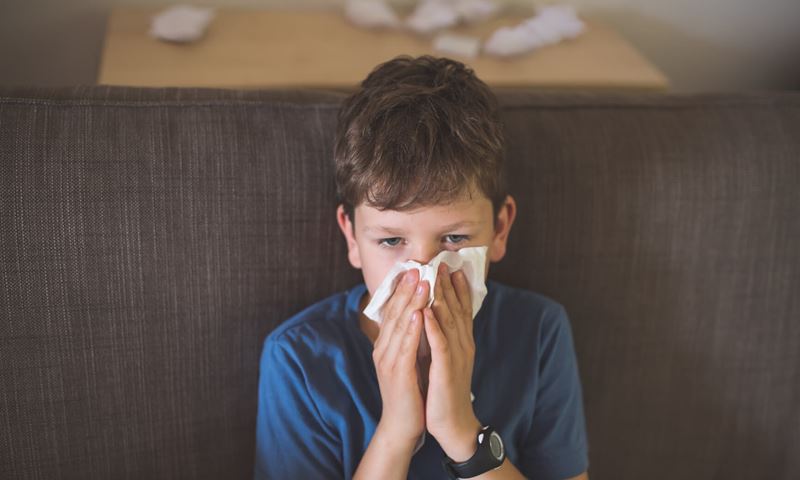Published 11 May 2023
Anytime from April is the time to prepare for your influenza (flu) vaccination. While many Australians avoided the last few years of flu season, our increased movement and lower rates of flu vaccination while we all isolated mean we have a lower community immunity in 2023 than pre-pandemic levels.
What is the ‘flu’?
Influenza or ‘the flu’ is a very contagious infection of the airways. The influenza vaccination, more commonly known as a flu vax, is a great protection against influenza and is an important way we can help reduce the number of flu infections and deaths. Here, we explore some of the common myths about getting the flu vax. Learn more: Flu vax FAQ.
Timing your flu shot
The flu season for most parts of Australia runs from June to September, peaking in August. Your immunity is at its strongest 3-4 months following a flu vaccination, so it makes sense to try to time your vaccination during April or May each year.
However, it is never too late to vaccinate since influenza can circulate in the community all year round.
Getting your flu shot is easy – chemists, doctors and some workplaces can provide this.
It’s also free under the National Immunisation Program to those considered vulnerable, including:
- Pregnant women (at any stage of pregnancy)
- People aged 65 years and over
- Children aged between 6 months and 5 years
- All Aboriginal and Torres Strait Islander people aged 6 months and over
- People aged 6 months and over with certain medical conditions that increase their chance of severe influenza
Learn more from the Victorian Department of Health.
Some states and territories may offer free vaccines for other groups. Talk to your vaccination provider or visit your state or territory health department website to find out.
Can I catch both the Flu and COVID-19?
Unfortunately, you can get the flu and COVID-19 at the same time, with this risk being higher coming into winter. Emerging research shows that adults in hospital who have the flu and COVID-19 at the same time are at much greater risk of severe disease when compared with patients who just have COVID-19. This is why it’s important to ensure you get your flu vaccination AND have your COVID-19 booster if you haven’t already. Influenza vaccines can be given on the same day with a COVID-19 vaccine.
Flu symptoms can be similar to those of COVID-19, so if you feel any symptoms and you’re not sure, it’s always best to do a Rapid AntigenT Test (RAT) or PCR test for COVID-19. To test for influenza you will need to visit a GP or use an at home test.
I got vaccinated last year, I’m still protected... aren’t I?
The flu virus changes each year, which means the composition of the vaccine changes too. The only way to make sure you’re immunised against each year’s strain is to have a new flu vax each year. Also, the effectiveness of the vaccine diminishes over time, so being immunised from April should provide protection through to the peak Australian flu period from June to September.
Flu vax myths dispelled
Explore the common myths and FAQs for getting your flu vaccination.
The low down on cold and flu
Are you experiencing a runny nose, sneezing or coughing? Fever and chills? Is your inner hypochondriac desperately scrambling for a solution from WebMD or the local chemist? Looks like you may have fallen victim to the cold… maybe even the flu… but can you spot which one? Get the low down on the difference between a cold and the flu.



